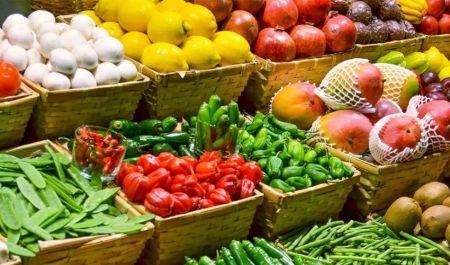
(Ecofin Agency) – The affordability of basic commodities in Nigeria has deteriorated since 2020. With nearly 40% of the population living in poverty, this situation raises the specter of food insecurity on an unprecedented scale.
In Nigeria, around 31.8 million people are currently experiencing acute food insecurity, according to a statement from the Ministry of Budget and Economic Planning on August 27. This information comes from a study conducted by the FAO, the Global Alliance for Improved Nutrition, and the German development agency GIZ.
The report, based on data from the Harmonized Framework published by the Permanent Interstate Committee for Drought Control in the Sahel (CILSS), shows that this number is more than 70% higher than the figure estimated by the World Food Program for October to December 2023, which was 18.6 million people.
Authorities attribute the worsening food and nutritional security to the removal of fuel subsidies, which has led to soaring transportation and food production costs. Also, ongoing conflicts and civil insecurity driven by bandit groups are causing agricultural losses due to abandoned farmland, particularly in the Northeast. Climate change impacts are also reducing food availability in local markets.
Although food inflation in Nigeria, Africa’s most populous country, decreased to 39.53% in July from the previous month, it remains significantly higher than the 26.98% recorded a year earlier, according to the National Bureau of Statistics (NBS).
In response to the rising prices’ impact on household food security, the Nigerian government announced in July a 150-day suspension of import taxes on products such as cowpeas, corn, rice, and wheat. Earlier, in April 2024, the government raised civil servant salaries by 25 to 35% and revived a direct social transfer program to support the most vulnerable families.
As these measures take time to show results, several observers are calling for structural reforms in both upstream and downstream agricultural sectors. A report from the International Institute for Sustainable Development (IISD) suggests that public spending of around $5 billion between 2023 and 2030 could help Nigeria achieve a sustainable food system.










Comments